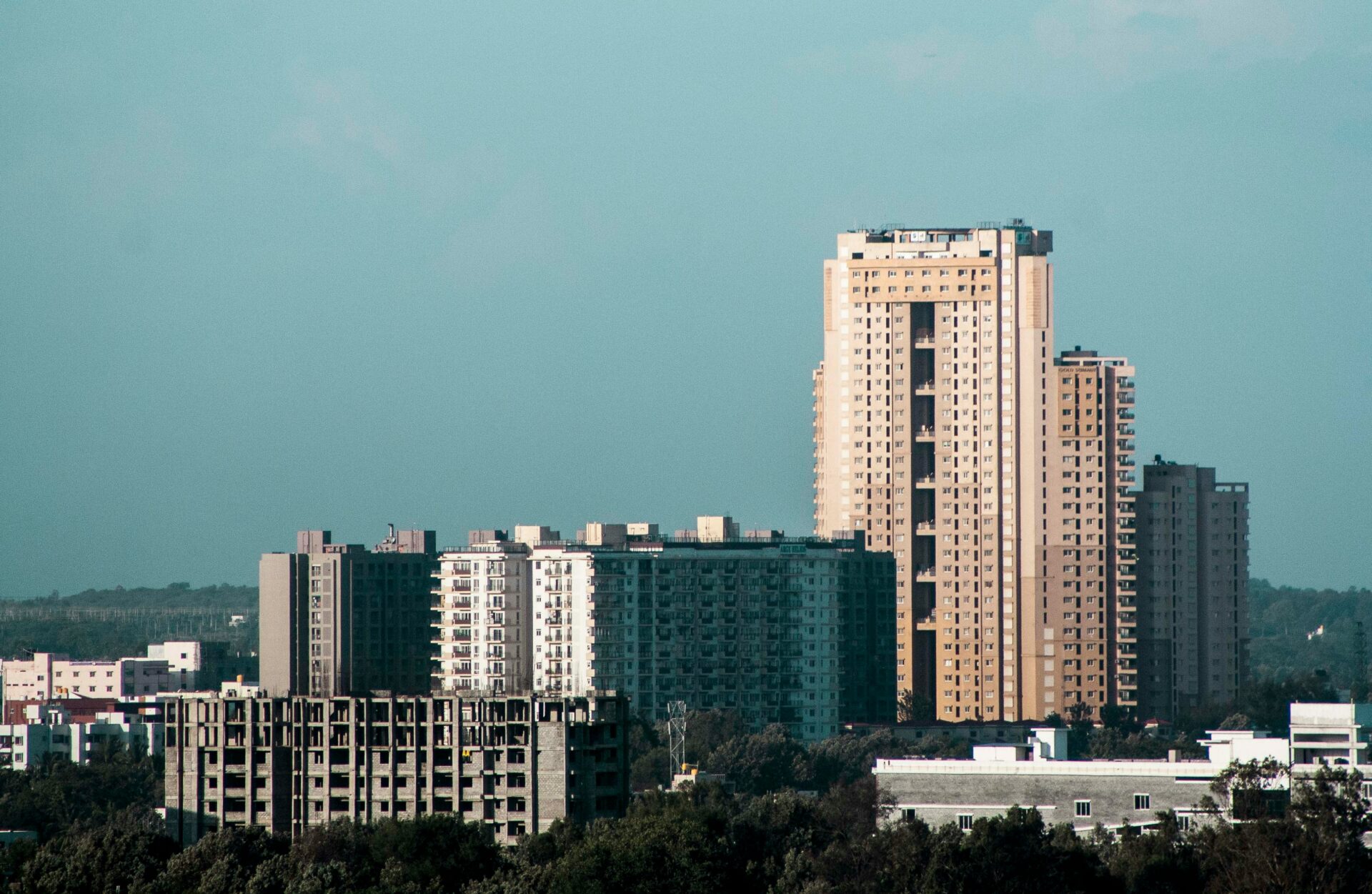Bengaluru, India
In a heartbreaking incident, Abhinav Singh, a 32-year-old man, died by suicide on February 9, 2025, just one week after relocating to Bengaluru for a new job. The tragedy unfolded in his rented apartment in the Kadubeesanahalli area, where he reportedly consumed poison, shedding light on the mental health struggles that often accompany urban transitions. This devastating event has sparked conversations about mental health awareness, workplace stress, and the challenges of adapting to life in a fast-paced metropolis like Bengaluru, known as India’s Silicon Valley.
A Promising Start Cut Short
Abhinav Singh had recently moved to Bengaluru, a city synonymous with opportunity and growth, to begin a new chapter in his career. Sources close to the family revealed that Singh, originally from Odisha, was an engineer and a rising star in the Odia rap scene, performing under the stage name “Juggernaut.” His relocation to Karnataka’s capital was fueled by a job opportunity at a private firm, reportedly in the tech sector—a common draw for professionals across India. However, within days of settling into his new life, Singh’s journey took a tragic turn.
On the evening of February 9, Singh had dinner with a friend before returning to his fourth-floor apartment in Kadubeesanahalli, a bustling residential hub in southeast Bengaluru. Hours later, he was found unresponsive, with an empty poison bottle discovered nearby. Authorities suspect he ordered the substance online, a detail confirmed by Bengaluru police, who are awaiting forensic analysis to identify the exact toxin. No suicide note was officially reported, though Singh’s mother claimed to local media that a handwritten note was seized by investigators, hinting at deeper personal turmoil.
Family Alleges Mental Harassment
The aftermath of Singh’s death has been marked by grief and controversy. His family, based in Cuttack, Odisha, has accused his wife and in-laws of subjecting him to severe mental harassment, which they believe drove him to take his own life. Singh’s father, Bijay Nanda Singh, a noted author and academician, filed a First Information Report (FIR) at Lalbagh police station in Cuttack, naming his daughter-in-law, her family, and several others. The FIR, lodged under Section 108 of the Bharatiya Nyaya Sanhita for abetment of suicide, demands a thorough investigation into the circumstances surrounding Singh’s death.
According to family statements, Singh’s marriage had been strained for months. Reports suggest that a public incident in 2024—where Singh was allegedly caught with other women in a Bhubaneswar hotel, recorded by his wife and police—had deepened the rift. His wife, Utkala Deepika Rout, has denied the allegations of harassment, telling NDTV, “These are baseless claims. I loved and cared for him.” She added that she had moved out of her in-laws’ home but maintained her affection for Singh, underscoring their attempts to resolve personal issues.
Mental Health and Urban Transitions
Singh’s death has reignited discussions about mental health challenges in India, particularly among young professionals navigating high-pressure urban environments. Bengaluru, while a hub of innovation and economic growth, is also known for its relentless pace, traffic woes, and social isolation—factors that can exacerbate stress and loneliness. Experts point to the “urban transition syndrome,” where individuals moving from smaller towns to metropolitan cities face adjustment difficulties, compounded by workplace demands and personal struggles.
Dr. Priya Sharma, a Bengaluru-based psychologist, commented, “Relocating to a new city can be overwhelming, especially when coupled with pre-existing emotional distress. The lack of a support system can amplify feelings of despair.” Singh’s case echoes a broader trend, with India reporting over 170,000 suicides in 2022, according to the National Crime Records Bureau (NCRB), many linked to mental health issues often left unaddressed.
A Rising Star in Odisha’s Hip-Hop Scene
Beyond his tech career, Abhinav Singh was a celebrated figure in Odisha’s burgeoning hip-hop community. Known as “Juggernaut,” he gained fame with his hit track “Cuttack Anthem,” a song that blended local culture with contemporary rap, resonating with youth across the state. As the founder of Urban Loafer, Odisha’s first independent hip-hop label, Singh championed emerging artists and bridged traditional Odia literature with modern music. His work earned him a spot on a Times Square billboard in New York City, a testament to his growing influence.
Fans mourned his loss on social media, with one writing on Instagram, “Your contribution to Odisha hip-hop will be remembered forever.” Another tribute on Facebook read, “RIP Bhai—you left us too soon.”
Police Investigation and Community Response
The Marathahalli police in Bengaluru have registered an unnatural death report and are probing the case, with Deputy Commissioner of Police (Whitefield) Shivakumar Gunare confirming Singh’s suicide. The body was handed over to his family after a post-mortem at CV Ramannagar government hospital, and his last rites were performed in Cuttack on February 13. Meanwhile, the investigation in Odisha continues, with Cuttack DCP Jagmohan Meena assuring that all accused parties will be interrogated.
Singh’s death has prompted calls for greater mental health support in Bengaluru’s tech community and beyond. Local NGOs and resident associations in Kadubeesanahalli have planned awareness drives, emphasizing the need for accessible counseling and helplines. National helplines like Kiran (1800-599-0019) and Tele-MANAS (14416) have been highlighted as resources for those in distress.
A Call for Awareness
Abhinav Singh’s tragic end serves as a stark reminder of the silent battles many face behind closed doors. As Bengaluru grapples with this loss, the incident underscores the urgent need for mental health resources, workplace wellness programs, and societal empathy. For a city that thrives on ambition, ensuring the well-being of its residents remains a critical challenge.
If you or someone you know is struggling, reach out for help. India’s mental health helplines are available 24/7 to provide support.
KiRAN (A 24/7 toll-free helpline for mental health rehabilitation) : 1800-599-0019
The National Institute of Mental Health and Neurosciences (NIMHANS) Helpline number is 080-46110007


